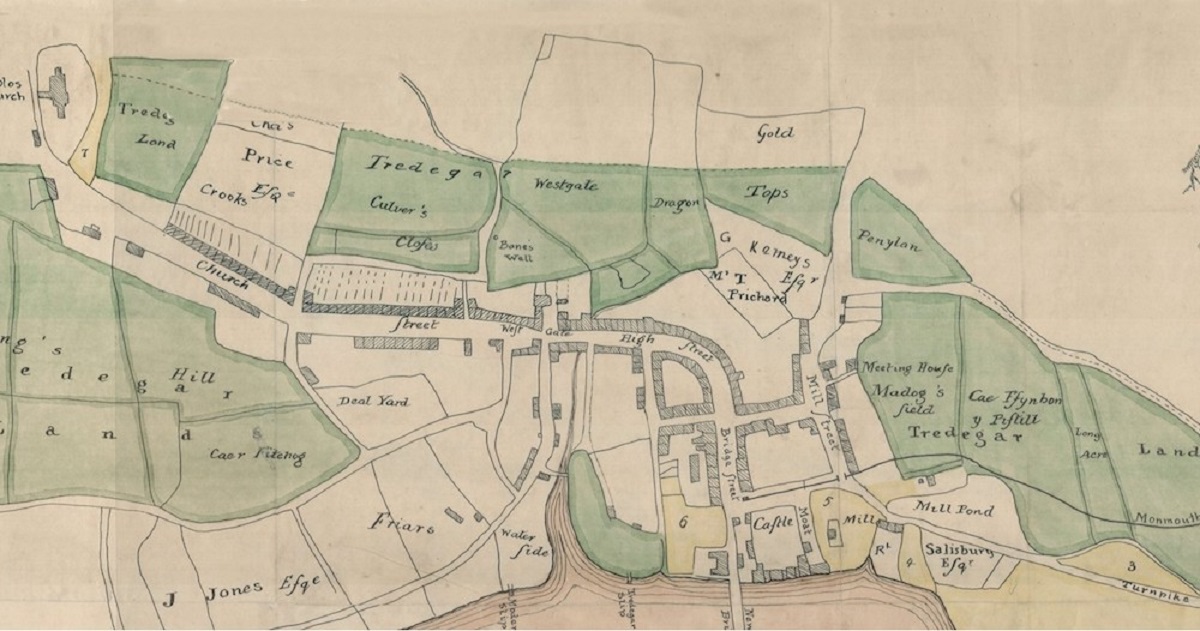NFTs in the academy: fight against false credentials and unfair wages

The rise of fake diplomas and undervalued and underpaid teachers are some of the recurring problems that the education sector continues to face. Cointelegraph set out on a mission to see if non-fungible tokens (NFT) could provide a solution to this headache in the education sector.
One of the most pressing problems in education is fake credentials. On May 18, the Washington Post reported that there are about 2,800 people who have purchased their credentials without attending proper classes. They were able to pass the National Council Licensure Examination in the United States. The authorities are now trying to find these people.
About 2,800 people who bought credentials without attending classes from three non-accredited schools passed the National Council Licensure Examination and are believed to have used that shortcut to find employment or better healthcare jobs.
— The Washington Post (@washingtonpost) May 18, 2023
This is not a one-time problem. In the United States, some estimate that about 100,000 counterfeit diplomas are purchased each year from illegitimate institutions or “diploma mills”. Some of these degrees can be purchased for $1,000 without the work required for such academic achievement.
NFTs are a “solid solution” to degree counterfeiting
In 2021, Beau Brannan, a professor at Pepperdine University, advocated the use of NFTs in education. At the time, Brannan wrote that by taking individual lessons and putting them on an immutable ledger, with uniquely designed images, education could be more valued.
“Institutional education would arguably improve because the individual lessons would matter more than bundled up in a diploma and hidden.”
Fast forward a few years, Brannan still holds the same beliefs about NFTs. The professor told Cointelegraph that NFTs provide a “solid solution” to a huge international problem, namely diploma forgery.
According to Brannan, there is no way to verify a school’s credentials. “I have no idea what’s in it. I just trust the institution, the brand and the accreditation process,” he said. The professor believes that verification for individual courses would provide more insight into higher vocational education. He explained:
“If individual courses become part of the student book, it creates another level of responsibility for the school and the teacher.”
The professor also explained that this also “opens up the playing field”. Brannan said if this is implemented, other gifted teachers and non-institutional courses could be offered to students who may not have the access or finances to attend a traditional school.
Challenges in implementing NFTs in education
While there are clear benefits to using NFTs, there is also a mountain of challenges for academia to overcome before these solutions can be adopted.
Brannan said access and adoption may be some of the issues to address when implementing NFTs in academia. “Access and adoption are always challenging in early technology. But when the incentives are aligned, it’s amazing how resilient we become,” he said.
Offering a perspective from the NFT space, the Binance NFT team told Cointelegraph that a requirement when implementing NFTs in education is good technical knowledge of educational institutions, teachers and students. They explained that:
“NFT technology is still quite new and introducing NFTs into a very established space, such as education, requires an understanding of the benefits this type of technology can provide.”
Aside from technical knowledge, Binance told Cointelegraph that it also requires appropriate investments, a shift in “ways of working” and revamping long-established processes and infrastructure that have been around for many years.
Despite the hurdles to overcome, the Binance team encouraged educators to explore the possibilities of NFTs if they want to think about new ways to create and distribute learning resources, reward achievement and engage with students.
Related: Secret Service owns crypto, loves blockchain, and has an NFT collection: Reddit AMA
Returning value to educators with the power of blockchain
Fake credentials aside, one of the biggest problems in academia is that teachers are undervalued and underpaid.
A community-led protocol called Open Campus recognized these issues and embarked on a mission to create decentralized solutions for educators in an effort to solve these problems.
Speaking to Cointelegraph, Yogev Shelly, CEO of TinyTap, who is also a council member on the Open Campus Protocol, explained how their team is working to help educators get rewarded for the content they create through NFTs.
According to Shelly, they’ve introduced Publisher NFTs, which can generate income for educators to “enable teachers and educators to freely create repositories of knowledge.” The director shared that there is a growing interest in connecting Web3 with education. He said:
“I was amazed to see how much interest has been shown in education along the way from the Web3 community, which gives us great motivation to continue to add value to educators, creators and students through decentralization.”
The executive believes that the power of blockchain and custom smart contract protocols are the keys to decentralizing education and providing a “fair experience for stakeholders.”
magazine: Memecoin sends BTC fees to the moon, miner profits reach $50 billion and more
Stay connected with us on social media platform for instant update click here to join our Facebook












